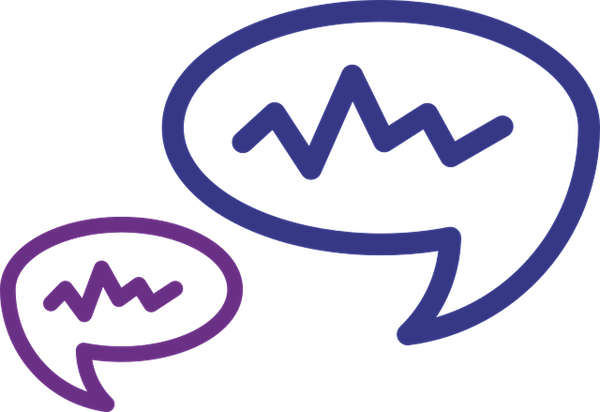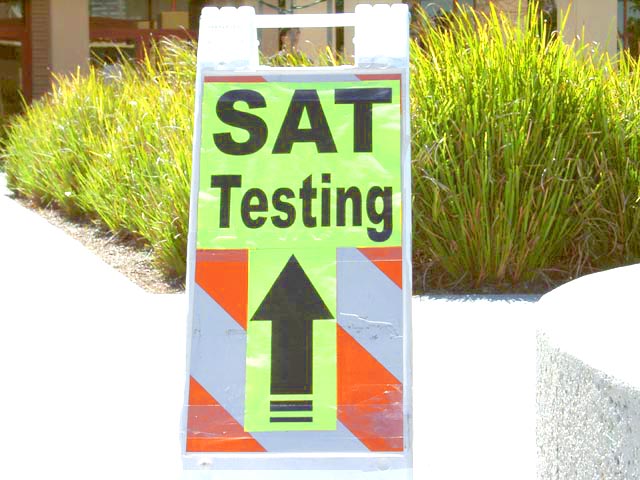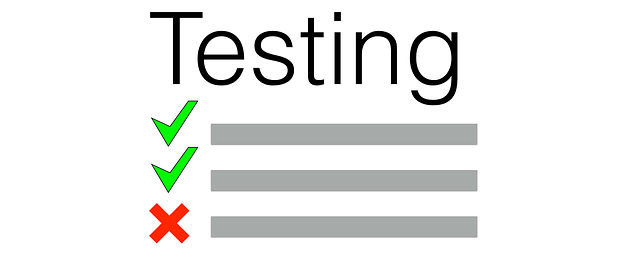What's the difference between a period and a semicolon? Between a comma and a dash? These questions bedevil not just students, but even professional writers. Punctuation can be one of the weirdest, most confusing parts of writing.
However, the ACT English section isn't writing—it's a multiple choice test, which means that every question has to have only one correct answer. The ACT tests a specific set of punctuation rules, most of which deal with commas. I covered commas in a separate post—here I'll be explaining the other punctuation rules you need to know, which deal with apostrophes, semicolons, colons, and dashes.
























